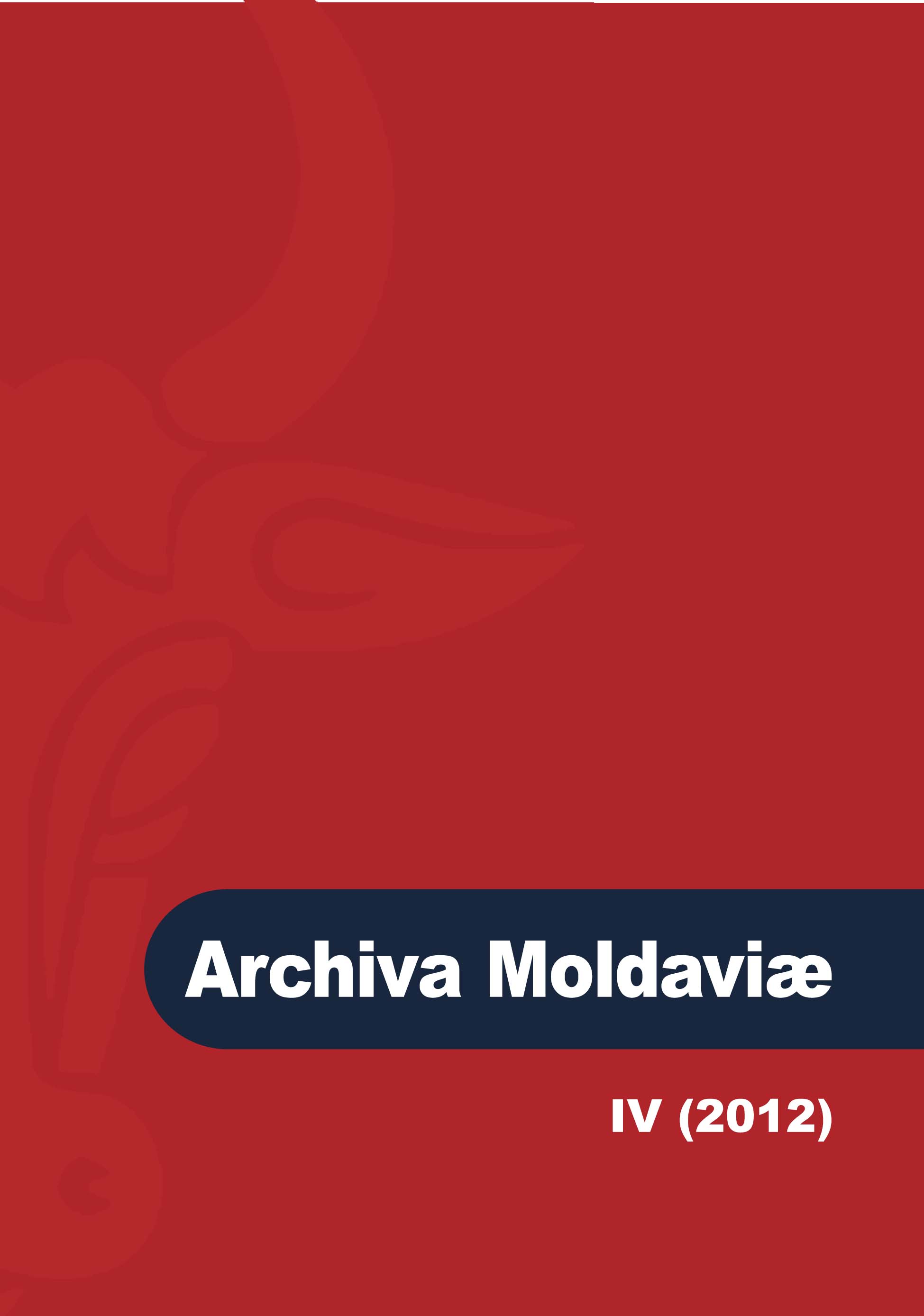Edificarea naţională şi culturală în Republica Autonomă Sovietică Socialistă Moldovenească: premisele unui „naţionalism” eşuat
The National and Cultural Building in the Moldavian Autonomous Soviet Socialist Republic: The Premises of a Failed “Nationalism”
Author(s): Petru NegurăSubject(s): Interwar Period (1920 - 1939)
Published by: Societatea de Studii Istorice din România
Keywords: The Soviet Moldova; URSS; national construction; the language policy.
Summary/Abstract: The formation of the Moldavian Autonomous Soviet Socialist Republic (MASSR) fitted into the social and political context of the 1920s in the USSR, which was itself in search of a suitable form of “statehood” (gosudarstvennost'). Like other union and autonomous republics, MASSR was far from being autonomous, economically or politically. The fact that legitimized its creation was the alleged existence in the territory of a particular ethnic group: the Moldovans. Appeared overnight in 1924 by virtue of an international policy (or strategy), the MASSR has undergone during its existence in 1920-1930 a discontinuous national and cultural policy. Several interest groups have first competed for the administration of this territorial entity and the creation and definition of the basic components of its titular nationality: language, culture, and national history. These competing interests have had the effect of partial and ineffective implementation of democratization and social modernization measures, called in the official language of the time “national-cultural building,” a process including literacy, school enrollment, and “indigenization” (korenizatsiia). The repeated failures of this reportedly revolutionary endeavor chronically impeded the identification of the population deemed autochthonous, contrary to the will of the administration of this republic.
Journal: Archiva Moldaviae
- Issue Year: IV/2012
- Issue No: 4
- Page Range: 91-102
- Page Count: 12
- Language: Romanian

